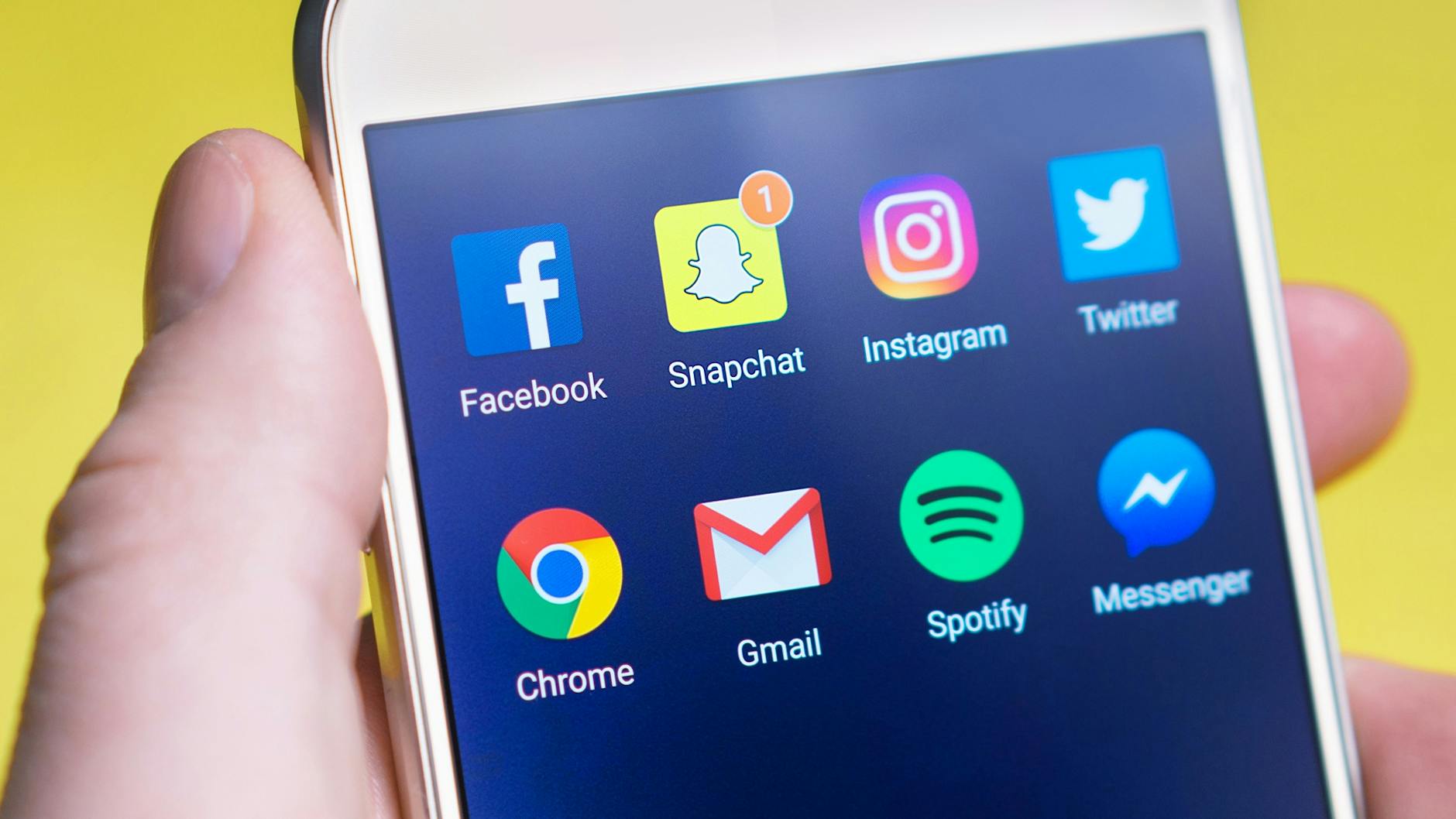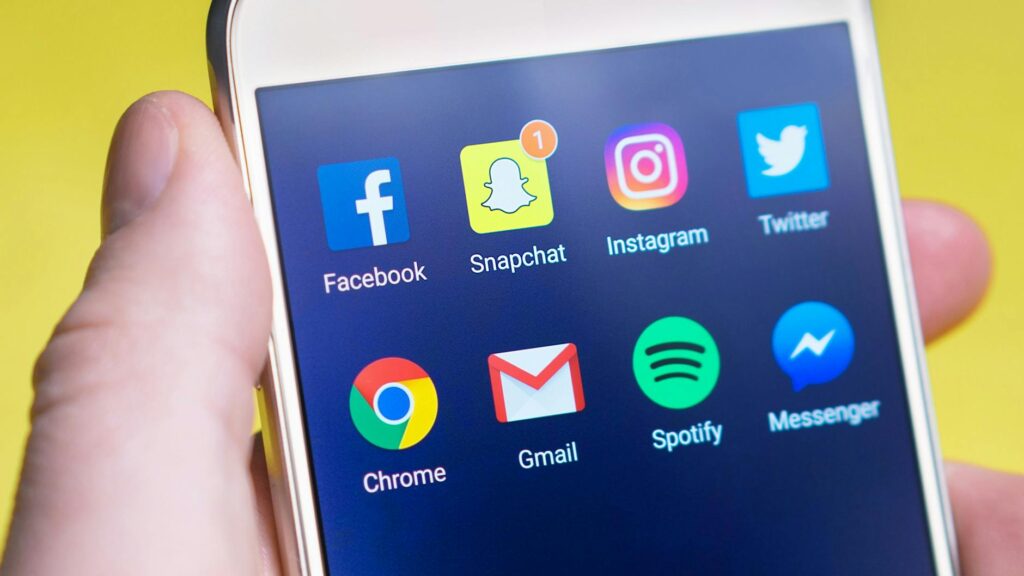Music has always been a part of my life. Growing up in a Black household, Sunday mornings were filled with the sound of soul, gospel, and R&B. The aroma of breakfast blended with the voices of Anita Baker, Donny Hathaway, and Mahalia Jackson. Back then, it was just part of the routine. I didn’t realize how deeply it was shaping me.
As I got older, life moved faster. Between college, work, and trying to keep up with the world, music became background noise. I stopped listening with intention. I stopped paying attention to the songs that once made me feel seen and grounded.
That changed during the pandemic. When everything slowed down, I realized how disconnected I had become from myself. One night, after a long day of isolation and overthinking, I opened Spotify and typed “Black Love” into the search bar. I didn’t know what I was looking for exactly. I just needed to feel something familiar.

What I found surprised me. The playlists were more than just collections of songs. They were curated stories that celebrated Black identity, joy, and history. One playlist in particular stood out. It was called “Black History Is Now.” It included legends like Nina Simone and modern voices like Kendrick Lamar. Every song hit me with emotion. These were not just tracks. They were memories, affirmations, and reflections.
From that moment, I started using Spotify as more than just a music app. It became a way to reconnect with my roots. I created my own playlists with themes like “Kitchen Memories,” filled with songs my mom played while cleaning, and “Cookout Vibes,” a celebration of feel-good music that brings my family together.
As I explored more, I discovered artists I had never heard before. I learned about musicians from different parts of the world who shared similar cultural experiences. Afrobeat, jazz, soul, hip hop, spoken word — it all felt like one large conversation about Black life across time and borders.

Image by Sanket Mishra on Pexels
Spotify helped me build bridges between my past and present. I found podcasts discussing Black history, mental health, and creative entrepreneurship. I listened to stories that reflected my own. For the first time in a long time, I felt like I was part of a larger community.
What I appreciate most is the freedom to personalize my journey. I get to decide what my soundtrack sounds like. I get to honour the artists who have inspired me and support the ones who are still emerging.
This experience reminded me that music is more than entertainment. It is culture, resistance, healing, and celebration. It carries our stories when words fall short.

Image by AS Photography on Pexels
Of course, Spotify is a platform with its own challenges. Like any large tech company, it can do more to support independent Black artists and compensate creators fairly. But I also believe in giving credit where it’s due. For many people like me, it has become a tool for connection.
Now, when I hit play on a playlist, it feels intentional. Whether I am starting my day with gospel or ending it with smooth jazz, I feel more in tune with myself. I am reminded of who I am and where I come from.
So if you are feeling disconnected or overwhelmed, try creating a playlist that brings you back to your centre. Call it “Home,” “Healing,” or whatever speaks to you. Fill it with music that lifts you up and tells your story. Sometimes, all it takes is one song to remember your power.

